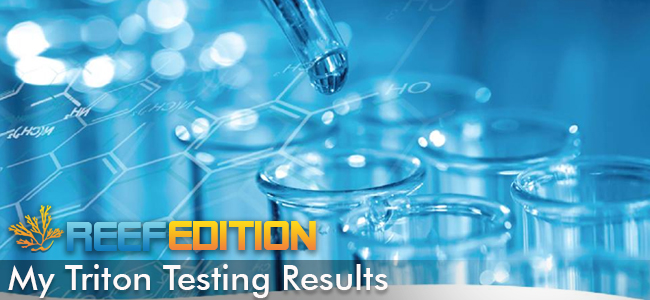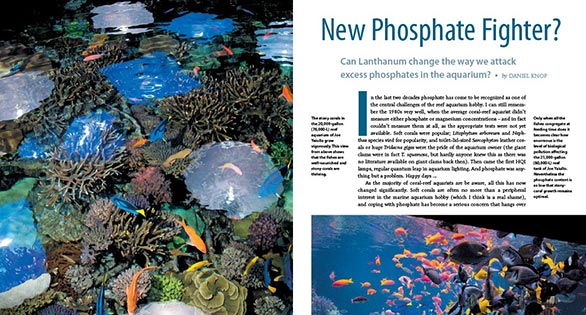I was watching this video with @Lou Ekus; he says he personally doesn't like seeing people running GFO 24/7.
What are the observed (rather than theoretical) drawbacks with the long term use of GFO?
Obviously, a sudden drop in PO4 will cause issues, but this is not what we're talking about.
What issues could you run into, if you're using GFO long-term to keep a stable, low PO4 level, while dosing trace elements to prevent depletion?
Is there some anecdotal evidence, like someone was using GFO and something bad which could be attributed to GFO happened to their corals/tank?
I'm honestly curious, because I've been reading here and there about people ditching GFO for cheato, or carbon dosing.
What are the observed (rather than theoretical) drawbacks with the long term use of GFO?
Obviously, a sudden drop in PO4 will cause issues, but this is not what we're talking about.
What issues could you run into, if you're using GFO long-term to keep a stable, low PO4 level, while dosing trace elements to prevent depletion?
Is there some anecdotal evidence, like someone was using GFO and something bad which could be attributed to GFO happened to their corals/tank?
I'm honestly curious, because I've been reading here and there about people ditching GFO for cheato, or carbon dosing.





















